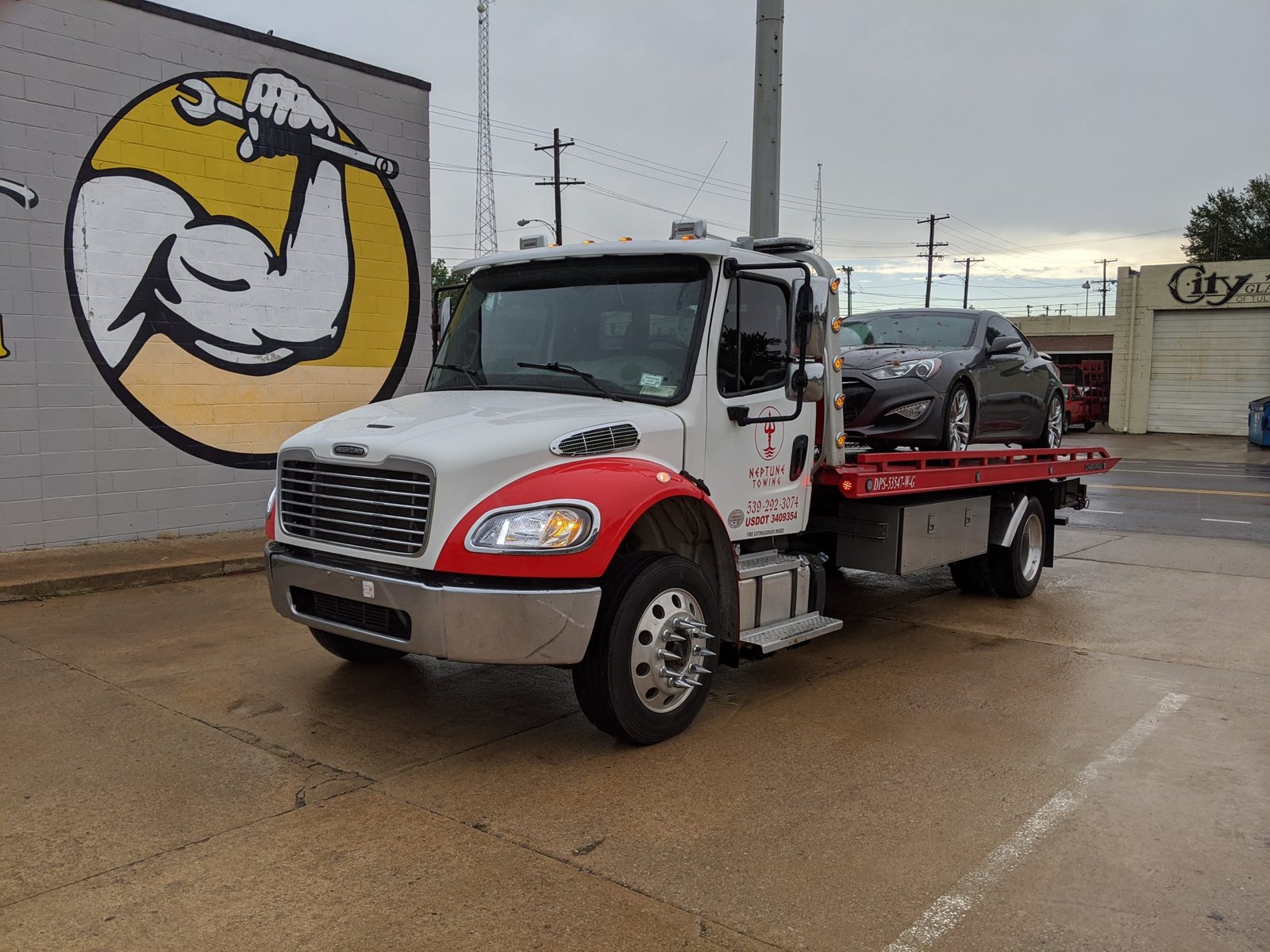Behind the scenes of the towing industry, some dedicated individuals tirelessly work around the clock to provide essential services to those in need. 24-hour tow truck drivers are the unsung heroes who respond to emergencies, accidents, and breakdowns at any time of day or night. In this blog post, we will delve into the world of 24-hour tow truck drivers, exploring their challenges, the skills required, and the dedication it takes to excel in this demanding profession. Let’s journey to discover what it truly takes to be a 24-hour tow truck driver.
The Demands of a 24-Hour Work Schedule:
Being a tow truck driver can be a demanding job, especially if you work 24/7. The role requires individuals who are willing to be available at all times, even during holidays, weekends, and personal commitments. To excel in this field, you must possess excellent time management skills and be willing to prioritize helping those in need over your personal time. It takes a lot of dedication and commitment to be a reliable tow truck driver, and we appreciate those who work tirelessly to provide assistance to those who require it.
Quick Response Times and Rapid Decision-Making:
When receiving a call for assistance, a 24-hour tow truck driver must respond swiftly and make rapid decisions on the best approach to handle each situation. They must assess the urgency of the call, navigate through traffic, and arrive at the scene promptly to provide the necessary assistance.
Extensive Knowledge of Towing Equipment and Techniques:
To excel as a 24-hour tow truck driver, in-depth knowledge of towing equipment and techniques is essential. They must be well-versed in operating various types of tow trucks, understanding weight capacities, securing vehicles properly, and employing the appropriate towing methods based on specific circumstances.
Mechanical and Technical Expertise:
Tow truck drivers often encounter vehicles in various states of disrepair. Having a solid understanding of the mechanics and technical aspects of automobiles is crucial. This knowledge allows them to troubleshoot minor issues, diagnose problems, and provide initial assistance on the roadside.
Physical Fitness and Strength:
The profession of a tow truck driver is one that demands a great deal of physical exertion, as it involves the handling of heavy machinery, the towing of vehicles of varying sizes, and working in harsh weather conditions. This means that maintaining a high level of physical fitness and strength is absolutely essential in order to perform these duties in a manner that is both safe and effective.
Effective Communication and Customer Service Skills:
In order to effectively manage difficult situations involving upset and dissatisfied customers, tow truck drivers must possess strong communication and customer service abilities. These individuals should display a high level of empathy, understanding, and patience, while also being able to calm anxious individuals by offering clear and concise instructions and explanations regarding the towing process. It is crucial for tow truck drivers to be sensitive to the needs and emotions of their customers, as this can greatly impact the success of their interactions and overall reputation as a professional service provider.
Problem-Solving Abilities:
Every towing situation is unique, presenting its own set of challenges. A 24-hour tow truck driver must possess exceptional problem-solving abilities to adapt to changing circumstances on the spot. They must think critically, assess risks, and determine the most efficient and safe solutions to successfully complete each tow.
Emotional Resilience:
Working in the towing industry means encountering distressing situations, witnessing accidents, and dealing with frustrated individuals. Emotional resilience is vital to handle these challenging and sometimes traumatic experiences while maintaining composure and professionalism.
Commitment to Safety:
A paramount responsibility of a 24-hour tow truck driver is ensuring the safety of themselves, their team, and the individuals involved in the towing process. They must adhere to strict safety protocols, use proper personal protective equipment, and follow traffic laws to minimize risks and prevent accidents.
Continuous Training and Learning:
The towing industry is constantly evolving, with advancements in technology, equipment, and techniques. Successful tow truck drivers understand the importance of ongoing training and staying updated on industry best practices. Continuous learning allows them to enhance their skills, improve efficiency, and provide the highest level of service to their customers.
Conclusion:
Being a 24-hour tow truck driver requires a unique set of skills, a commitment to helping others, and an unwavering dedication to serving the community. From their round-the-clock availability and rapid response times to their mechanical expertise and exceptional problem-solving abilities, these professionals are the backbone of the towing industry. Next time you see a tow truck driver in action, remember the immense effort they put into providing assistance and keeping our roads safe.

